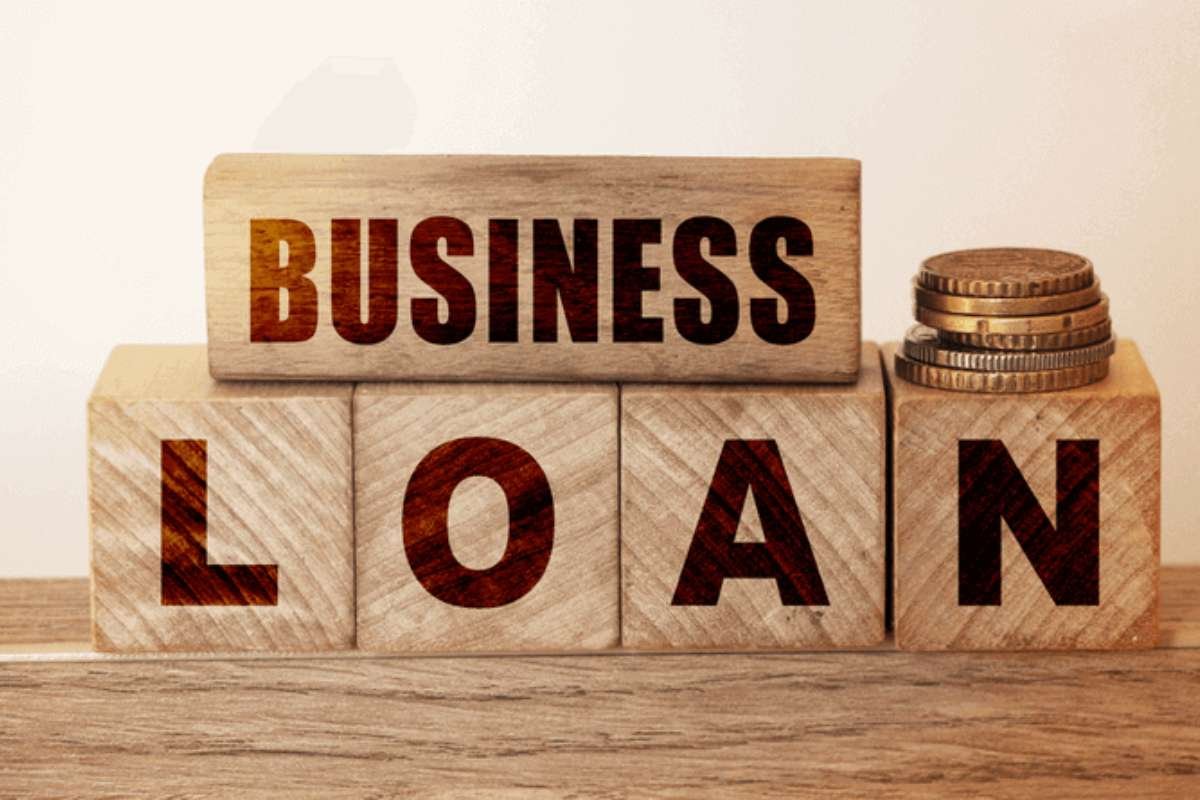Waste management should be a priority for all businesses, but it’s still an afterthought for many of them. If you’re a small business owner and you’re neglecting waste management, then it could eventually cost you money and affect the perception the public has of you. People, specifically those who try to portray themselves as a responsible, corporate citizen, are disappointed and vocal when they hear that a company is contributing to the community’s deterioration by not properly taking care of waste. This is where emergency spill response is required to assist with emergency waste management. Let’s take a look at a few waste management and reduction tips all small businesses should follow.
1. Run a Waste Audit
The very first step in waste management is running a waste audit. You can’t really tell how well, or poorly, you’re managing waste until you do this. This is not something most businesses can conduct on their own, however, and you may have to hire a professional auditor for the job. They will look at the amount of waste you generate, your waste management processes, and the contracts you currently have with waste management companies and will try to build a plan for your future with a focus on sustainable waste management.
More importantly, a professional waste audit will let you know exactly how much you are spending on waste management and how you could save money. Don’t think these will be minor savings, either, as a well-run audit could allow you to save as much as 40% on waste management costs if you follow through with the recommendations.
2. Limit the Waste You’re Producing
Looking at alternative waste disposal methods could help you save on your waste disposal bill while minimizing your business’s impact on the environment. You also have to find a way to reduce the amount of overall waste you generate by looking at your processes and possibly modifying them.
While most businesses today have a recycling plan in place, many of them don’t consider adding composting to the mix. Some businesses compost in-house, and even sell the compost or donate it. Introducing composting methods could allow you to give back to the community while spreading your brand, so this is definitely an option to consider.
You also have to look around the office and see what kind of waste is the most common. If you get lots of empty water bottles, for instance, then you consider adding one, or multiple, water fountains. If you have water dispensers or coffee machines, try to encourage employees to bring their own cups or use reusable glasses. You can make some available to them as well.
Another thing you have to do is look at how much paper you’re using and try to go paperless. Making the shift can be pretty tough, but you’ll be thankful that you did as it will greatly facilitate your processes on top of reducing waste. You can implement changes like digitizing your records and moving them to the cloud, switching to digital payments only, and sending invoices through email, among others.
3. Review Your Contract with Your Waste Removal Service
You should also speak with your current waste removal service and look over some of the terms. If they are charging you excessive fees for overages or extra containers, or things like fuel or regulatory changes, then you should ask if they can lower them for you. If they can’t, then you should consider looking elsewhere. You can check the internet for commercial waste collection services that can offer a lower price than your previous contract.
If you’re living in a midsize or big city, then you need to take advantage of all the options that are at your disposal. If you live in a city like Austin, for instance, know that there are plenty of garbage disposal services that you can choose from.
If you’re looking for a good dumpster service in Austin, Waste Connections could be a great option. They offer some of the best deals you’ll find anywhere and have packages for businesses of all sizes. They offer garbage pickup, dumpster bin rentals, and can also help with recycling. We suggest that you speak with them today and see what kind of deal they can offer you.
4. Donate Everything You Can
There are few worse things that a company can do than just throwing away some of their old equipment or furniture. Not only will this end up in our already overcrowded landfills, but all of the used furniture could easily be given away to people who need them, instead.
So, before you throw away things like chairs, desks, and electronic equipment that is still functional, consider putting it on a site like Craigslist. They have a “free” section where you can post these sorts of things, and people will take them off your hands quickly if they’re valuable.
These are all things that you can do starting today if you want to improve waste management in your businesses. This will allow you to not only reduce the amount of waste you generate, but how much energy and money you spend on it as well.





